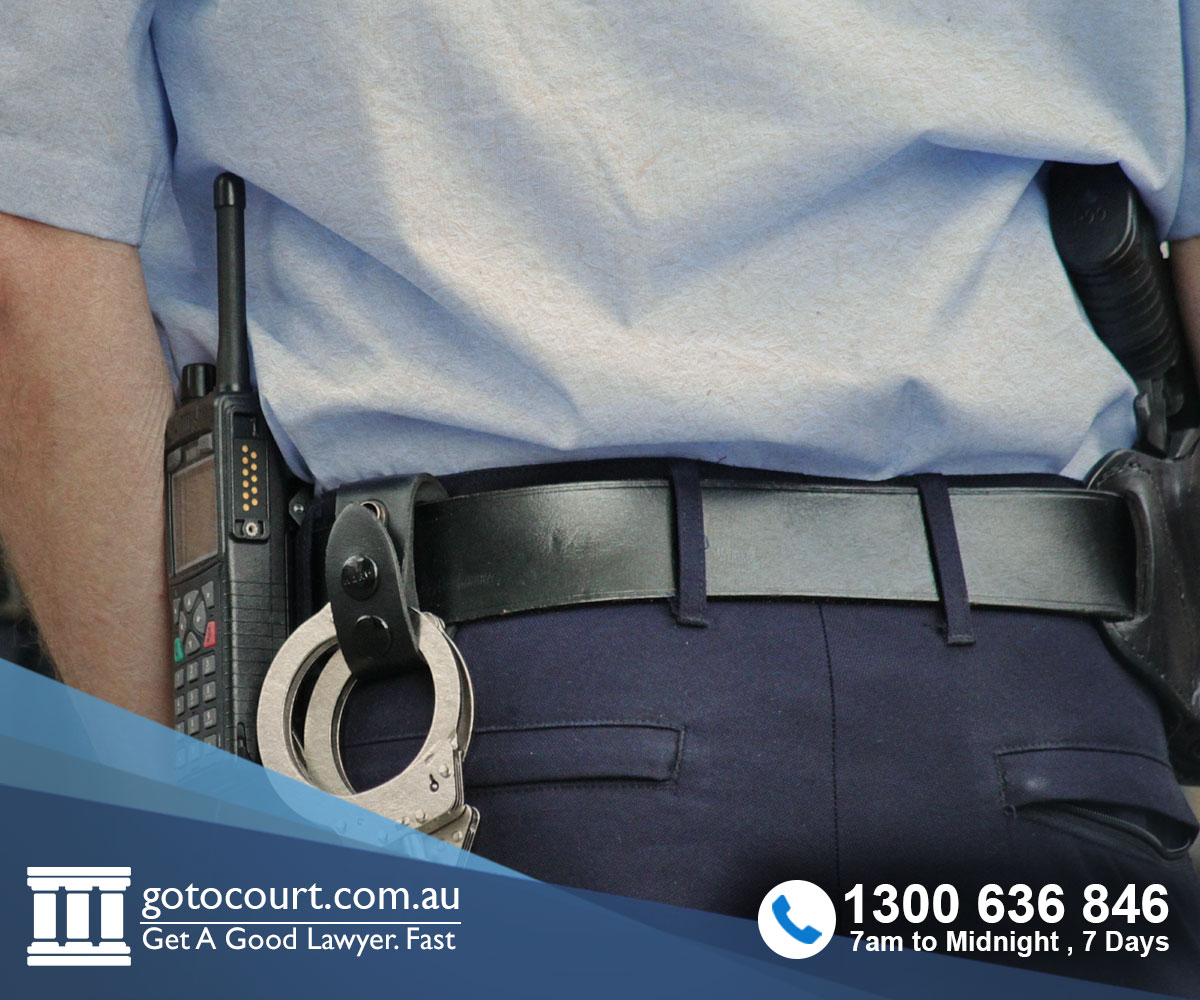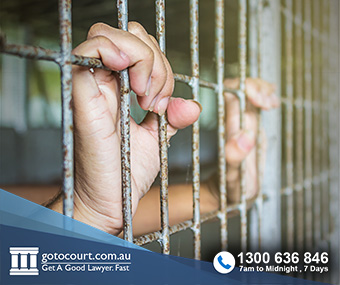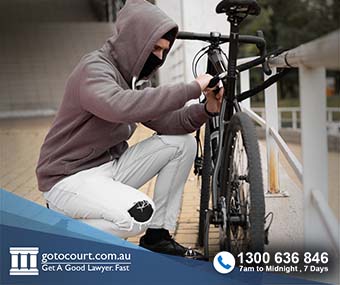Mental Impairment in the Lower Courts (NT)
When a person in the Northern Territory is charged with a criminal offence and the matter is to be finalised summarily, one of the defences they can rely on is mental impairment. The Mental Health and Related Services Act 1998 (MHRSA) contains a provision allowing a summary criminal matter to be dismissed when the court is satisfied that a person was suffering from a mental illness or mental disturbance. This article deals with mental impairment in the NT Local Court and Youth Justice Court.
Mental impairment and jurisdiction
It is important to note that the procedures discussed below apply only to matters being finalised in the summary jurisdiction. Different processes exist for raising the defence of mental impairment in Supreme Court matters.
Section 77 certificates
Under section 77 of the MHRSA, a court must dismiss a charge if satisfied that at the time of carrying out the conduct making up the alleged offence:
- The person was suffering from a mental illness or mental disturbance; and
- As a consequence of this, they
- Did not know the nature and quality of the conduct; or
- Did not know that the conduct was wrong; or
- Were not able to control their actions.
If the defence believes that a charge should be dismissed on this basis, it should ask the court to request a section 77 certificate from the Chief Health Officer (CHO). This certificate will only be provided if the CHO has received and considered advice from an authorised psychiatric practitioner or a designated mental health practitioner. A person may be appointed a designated mental health practitioner if they are a psychologist, registered nurse, an occupational therapist, An Aboriginal health practitioner, a social worker or a paramedic.
The defence and prosecution can call expert evidence if there are issues in dispute arising from the certificate.
Dismissal of charges because of mental impairment
If the court is satisfied of the matters under section 77 and dismisses a charge on that basis, the accused is discharged from the criminal matter with no further consequences.
The MHRSA contains numerous other options for dealing with a person who is mentally ill or mentally disturbed, including involuntarily admitting the person to an approved treatment facility. However, these options exist outside of the criminal justice system.
Criticisms of the system
Numerous criticisms have been made of the formulation of section 77 and how the provision is applied in practice. These criticisms were summarised in Jonathon Hunyor and Michelle Swift’s 2011 CLANT conference paper as follows.
- Section 77 permits anyone who has been appointed a designated mental health officer to provide advice for the purpose of preparing a certificate. There is a wide variety of levels of expertise and experience among these occupations; however, the legislation treats all as equivalent to specialised psychiatrists.
- The legislation does not make it clear what enquiries the court is permitted to make in order to test the basis for statements made in the certificate.
- The tests required to be considered by the mental health officer are different from the tests the court is required to consider in light of the certificate. It is unclear on what basis the court is to satisfy itself in relation to different criteria.
- Magistrates often take the view that discharging a person under section 77 is tantamount to ‘letting them get away with it’ because such an outcome does not lead to the person being placed on a supervision order, as would occur in the Supreme Court. This can lead to a reluctance to finalise a matter in the summary jurisdiction where section 77 is enlivened.
If you require legal advice or representation in any legal matter, please contact Go To Court Lawyers.







